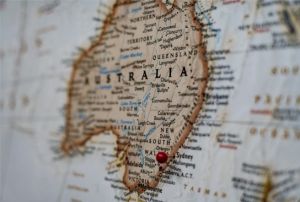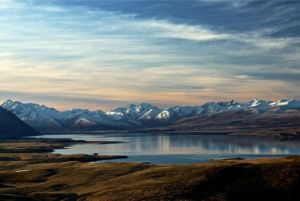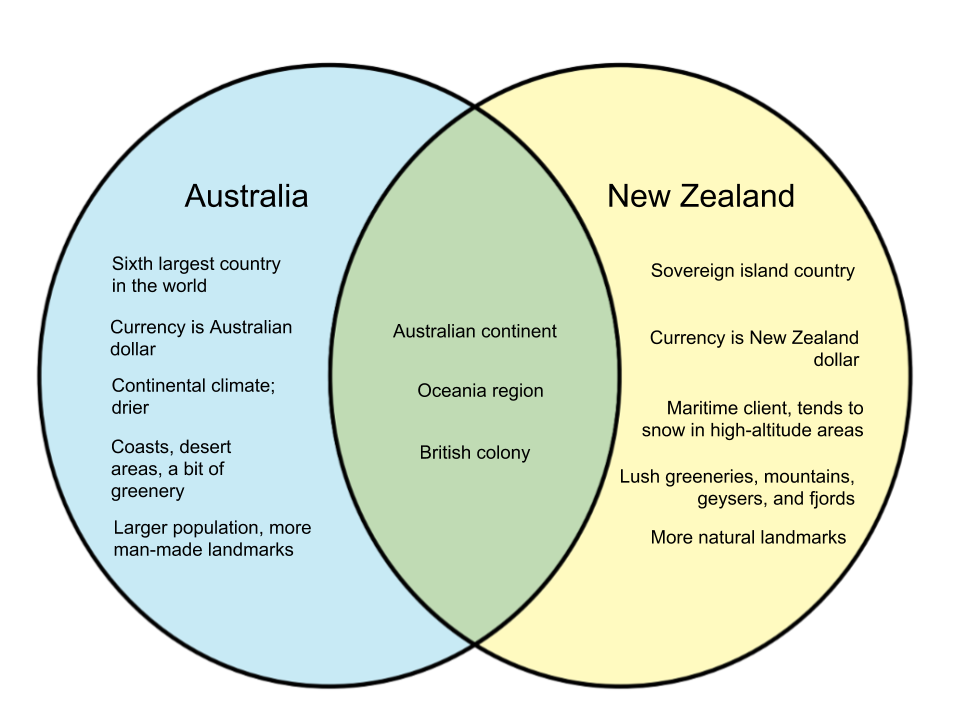Difference Between Australia and New Zealand
Australia and New Zealand are both countries that were former English colonies and belong in the Southern hemisphere. People associate them due to their similar cultures and backgrounds, sometimes even confusing them. How exactly are Australia and New Zealand different?
Australia
Australia is one of the biggest countries in the world and is known for its desert areas, sandy beaches, and unique plant and animal life. It is so large that it is in fact about 30 times bigger than New Zealand. The country is composed of a population of English, Australian, Irish, Scottish, and other aboriginal minorities. It boasts a stronger economy than New Zealand, and travel and accommodation are also relatively pricier. While both Australians and New Zealanders use the English language, Australians have their own way of delivery, accompanied with sarcastic humor and distinct slang. Australian sports also tend to have their own rules and policies.
New Zealand
New Zealand is a country composed of two main islands as well as other smaller islands. The country still has a considerable amount of Maori populace, an indigenous population that has been present since 1200-1300 AD. New Zealand is known for its mountainous regions, lush greenery, as well as fjords and glaciers around the nation. The country’s climate is more temperate and wetter than Australia and is easily affected by ocean conditions, while Australian climate is continental and more self-regulating.
| Australia | New Zealand | |
|---|---|---|
| Definition | Officially called the Commonwealth of Australia, it is the world’s sixth largest country as well as the largest country in Oceania. | A sovereign island country composed of two large islands and smaller islands. |
| Size | 7,692,024 sq km | 268,021 sq km |
| Capital | Canberra | Wellington |
| Currency used | Australian dollar (AUD) | New Zealand dollar (NZD) |
| Population (as of 2018) | 25,140,900 | 4,922,730 |
| Population composed of | English, Australian, Irish, Scottish, and other aboriginal minorities | European, Maori, Asia, Pacific populations, other minorities |
| Climate | Relatively drier than New Zealand, continental climate | Maritime climate which is easily affected by ocean conditions, tendency to snow in higher regions |
| Geography | Desert areas, coasts, some greenery | Mountainous regions, fjords and glaciers, lush greeneries |
| Activities | Beach activities, exploration, extreme sports and activities | Hiking, outdoor adventure, extreme activities in Queenstown, winter sports |
| Landmarks | Sydney Opera House, Sydney Harbour Bridge, Melbourne, Great Ocean Road, sandstone formations, Outback, Great Barrier Reef | Southern Alps, Franz Josef glacier, Fox Glacier, Milford Sound, Rotorua, Bay of Islands |
| National animal | Kangaroo | Kiwi |


